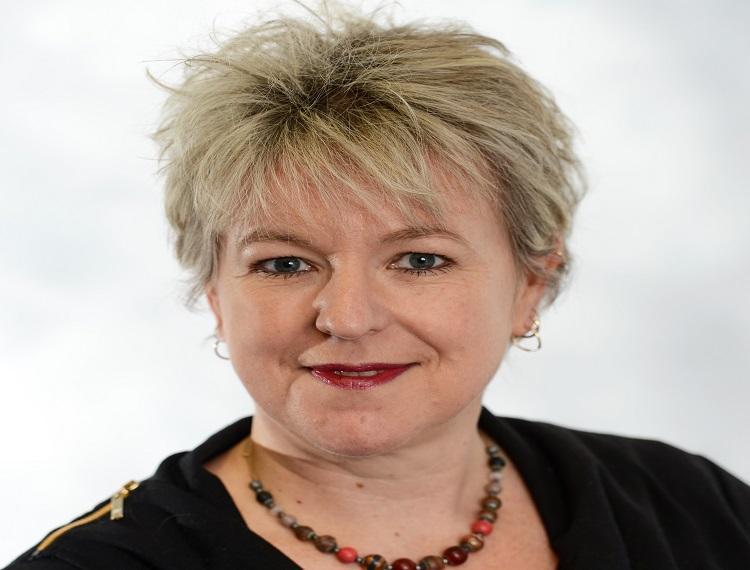The Future of Offender Learning

The world of offender learning has been through many changes over the last few years, and there are more changes afoot…
Several years ago, our contracts sat with the Prison Service and individual prison governors. We then transferred from Prison Service contracts to DfE contracts, the reason being the DfE were the educational experts and would be better placed to drive the learning agenda, through OLASS 1 to OLASS 4. We are now, as of the 1st October, in the position of contract management reverting back to the National Offender Management Service (NOMS), the theory being the each governor should have control and accountability for delivery in their prisons. Life feels very cyclical!
During this time we have moved from individual providers for each prison, to four national providers, individual and small clusters of prisons to larger units of procurement across England, and the seemingly gentle ALI inspections to the full-bodied Ofsted treatment.
These on-going developments have brought benefits and challenges. Larger areas of delivery bring greater economies of scale, as providers can share best practice across their teams, invest more into the provision, develop real expertise and also absorb the significant financial challenges of classroom interruptions and cancellations.
However, prison governors and directors felt they did not have control of the learning that was happening in their prisons and that they could not hold providers accountable for provision that was delivered. Though I have to say I have had many a governor/director hold me accountable over the years, I feel it was more the inflexibility of the funding methodology that was challenge, and this was out of all of our control.
When David Cameron was elected in May 2015, Michael Gove was quickly appointed as the Justice Minister, and his initial speech demonstrated a real ideological desire to push forward on governor accountability and ownership, stating:
‘At the moment, Governors don’t determine who provides education in their prisons, they have little control over quality and few effective measures which allow them to hold education providers to account. If we gave Governors more control over educational provision they could be much more imaginative, and demanding, in what they expect of both teachers and prisoners – Governors could be held more accountable for outcomes and the best could be rewarded for their success.’
Michael Gove appointed Dame Sally Coates, who has a strong history of working with Academy schools, to lead a review of prison education, and her 31 recommendations were published in May this year. Key themes included that prison governors should have autonomy in the provision of education, and be held to account for the educational progress of all prisoners, the need to attract new staffing talent into prisons, a curriculum designed to meet individual learner need and not driven by the funding methodology, improved ICT and programmes leading to sustained employment on release.
The 31 recommendations were no great surprise to those of us working in the offender learning arena and in theory have been welcomed. The challenge however with the recommendations, which we all silently quizzed each other on as they were announced to a packed audience in Westminster back in May, was how would this actually happen within the challenging timeframe? The recommendations are in some places straight forward and in others very ideological but challenging, and with no guide for implementation, would governors really be in a position to exercise ‘full freedoms over the choice of education providers’ by August 2017?
And as we were all grappling with what the new world would look like, we had Brexit!
Michael Gove ‘left’ and Liz Truss arrived and, quickly identifying that there was no planning framework, has taken her time to review all prison reform recommendations. And, as announced at the Conservative Conference, we will have a new White Paper to be published in the near future.
So, as a practitioner in the field for 25 years, I am intrigued to see how we move forward from here. Will the Reform Prisons continue to move ahead and lead the way with their total autonomy a la Academy School model? Will the Dame Sally Coates recommendations be adopted, as confirmed by Michael Gove back in May, or will they be adopted in part, or parked for the time being? I welcomed the recommendations but strongly wish for a clearer and practical plan for implementation, a plan rooted in the current reality of prison staff shortages and security challenges.
What we do know is that change is on the horizon, and our world of offender learning will certainly be changing, so I hope, with these movements in politics and politicians, Liz Truss remembers what education in prison is really all about – supporting our learners to transform their lives and reduce their reoffending on release.
Sally Alexander, Executive Director Offender Learning, Milton Keynes College











Responses